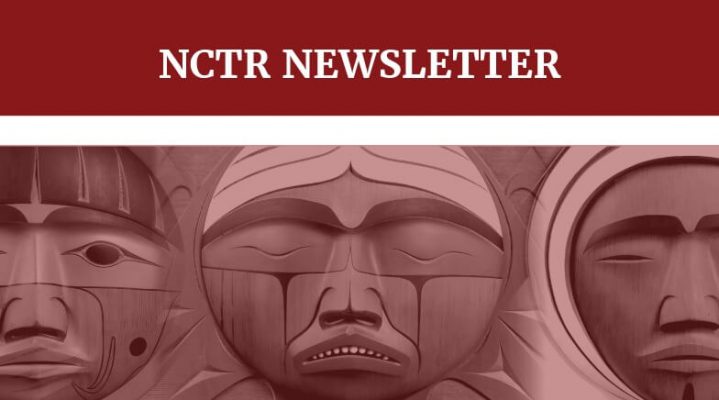Example Projects
Here are some examples of types of projects you could create. These examples do not cover every type of project that Imagine a Canada would fund with a micro-grant.
Feel free to think outside the box! What is a need you observe in your school or community that would be addressed through a lens of Reconciliation?
$750
- Invite Survivors, Elders, or Knowledge Keepers to speak at or lead a series of learning events
- Host an Indigenous language class
- Host an Indigenous storytelling event
- Host a food sovereignty workshop
- Invite Elders or Knowledge Keepers to share medicine teachings
- Host a celebration in honour of local Elders
- Host drumming circles or round dances
- Host arts projects or workshops (moccasin-making)
- Host a community clean-up
- Host a donation drive to supply community
- Host a traveling exhibit from Legacy of Hope
- Host a march or walk in honour MMIWG
$1000-$1500
- Hold a conference to help educate and spread awareness about important issues that affect your community.
- Engage school or community to create an art piece or mural
- Host art-making workshops and host an art show
- Host workshops like moccasin-making
- Plan and create a permanent sharing space for learning
- Plan and plant a medicine garden or Heart garden or community garden
- Hold a film screening with guest speakers
- Hold a youth retreat with speakers and ceremonies
- Host a conference or forum for education and awareness
- Record and produce stories involving Indigenous Elders
- Create and develop episodes of a podcast on important issues
Eligible expenses:
- Honouraria for speakers or consultation
- Tobacco/medicines (as per local protocol)
- Gifts for Survivors, Elders, or Knowledge Keepers
- Building supplies and art supplies
- Rentals for event space or equipment
- Refreshments
- (limited budget and must be for specific purposes. i.e. an event or during art-making gatherings etc.)
- Incidentals (small amount ($50) set aside for discretionary or unforeseen expenses)
NCTR’s spirit name – bezhig miigwan, meaning “one feather”.
Bezhig miigwan calls upon us to see each Survivor coming to the NCTR as a single eagle feather and to show those Survivors the same respect and attention an eagle feather deserves. It also teaches we are all in this together — we are all one, connected, and it is vital to work together to achieve reconciliation.

